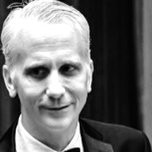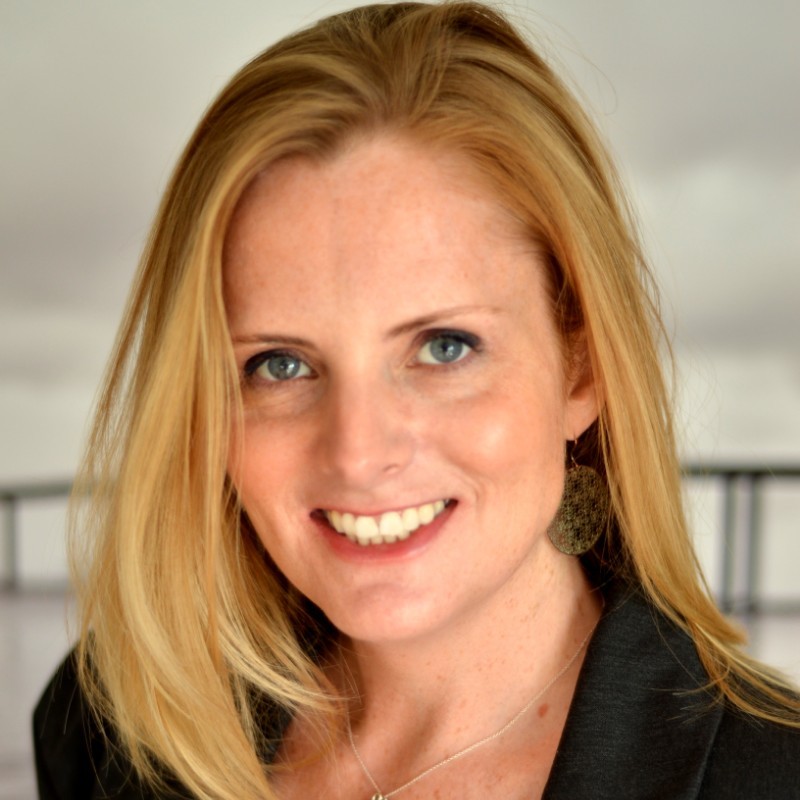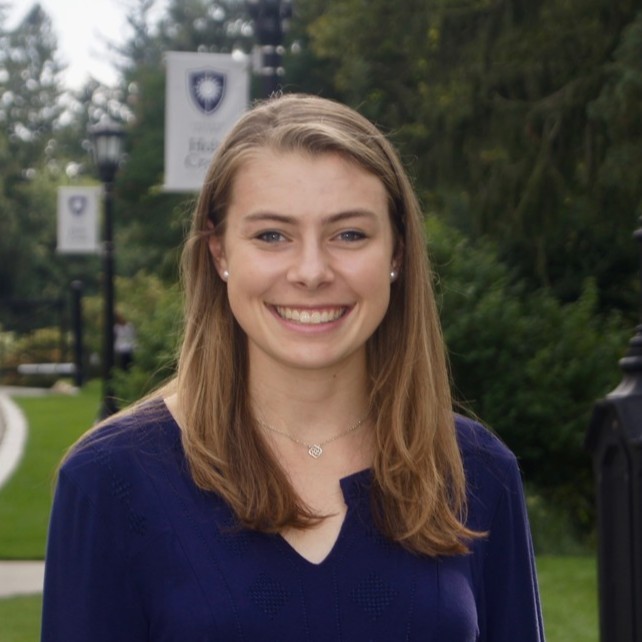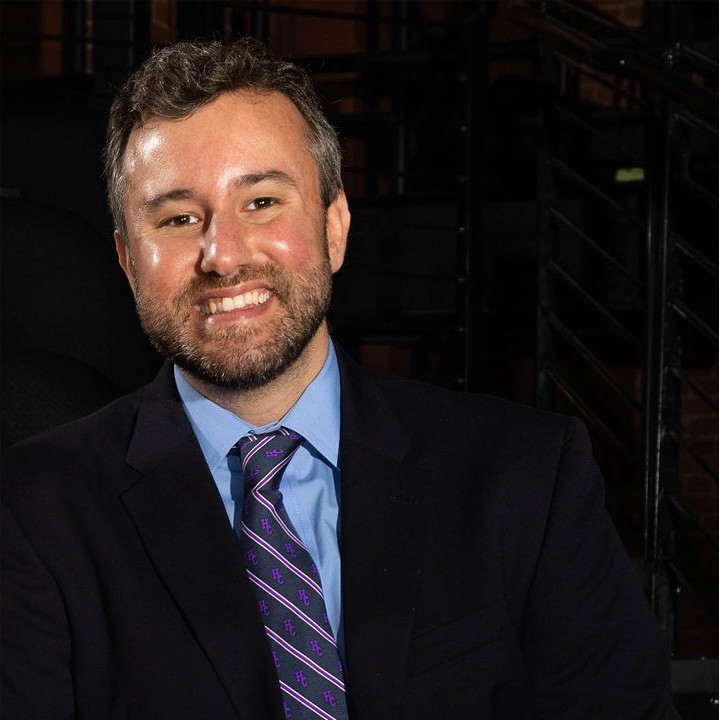Name: Sean E Callahan
Class Year: 1989
Title: Mission Director for USAID/Afghanistan
Organization Name: U.S. Agency for International Development (USAID)
1. In one sentence, what does your job entail?
I am responsible for creating, implementing and leading US foreign assistance programs based on sound development principles for the Afghan people including promoting human rights, democracy, and human rights; supporting Afghan women and girls; and mitigating the effects of the humanitarian and economic crises in Afghanistan.
2. What planned and unplanned events connected you to your industry and your first employer after Holy Cross? How did you learn/decide it was a good fit for you?
My Holy Cross semester in Washington DC exposed me to so many different international organizations, think tanks, issues and views that were part of the policy and legislative making process related to international affairs that I was unaware of until then. That semester made me more interested in international issues. My job after Holy Cross was as a legal assistant at a Wall Street law firm. While I thought about law school then and the lawyers there impressed me, I wasn’t interested in a corporate law job nor going to law school just yet. It took 6 years and deferring admission three times before I went to grad school for a joint JD/MPA. Instead, I moved to Southeast Asia first as a Princeton-In-Asia fellow and then with the International Catholic Migration Commission working on refugee matters.
3. What were you involved in when you were on campus?
I was on the varsity swim team and started the water polo club. I hope it is still going. I was also part of the Film club where we picked and showed independent and foreign “films” in Hogan and then more Hollywood style movies in lower Kimball on the weekends.
4. What was your major and how did it affect your career decisions?
My major was political science. Courses in political theory, comparative systems, political economy, history and even the classics made me interested in how the US and other countries analyze and address serious issues such as refugees, sovereign debt, humanitarian crises and the other development challenges. This led to looking for work and experiences overseas.
5. What are one or two skills that you developed at Holy Cross that you use in your work?
First and foremost, the strong belief – that the Cross instilled in me – of service for others. Even after 20+ years in development work and despite the bureaucracy of the US government, I still strongly believe in the USAID’s mission to help others which I credit to Holy Cross. The most used skill that HC taught me was inquisitiveness. To understand people and problems in order to get to a solution – whether how to unlock financial liquidity in the Afghanistan or create space for civil society in Afghanistan – one needs to understand the underlying reasons and problems. However, the only way to get there is to ask questions and lots of them.
6. What advice do you have for students on campus today?
Get out of your comfort zone. Travel. Meet new people. Be patient. No one lands their dream job right out of school or even after several different jobs. I would also advise against faking it. Trust your heart and look at what motivates you whether it’s public service; the private sector; a religious calling; academia or the fine arts. It all falls in place eventually if you stay true to yourself.












